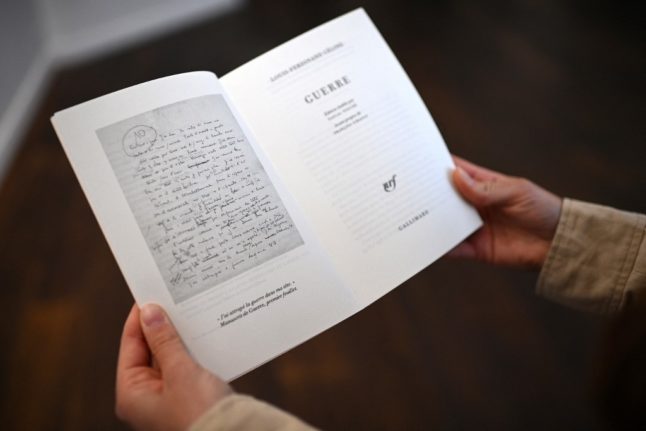Knausgård has written the secretive manuscript for the Future Library project, NRK reports.
The concept involves an annual contribution by a chosen author of a text for release 100 years later.
Founded in 2014, the library’s first book will become available to the public in 2114. The books are made from trees planted in a Norwegian forest for the purpose of printing volumes for the library.
Knausgård is primarily known for his multi-volume, autobiographical novel My Struggle (Min Kamp), which has been published in over 30 languages.
The selection of Knausgård by Future Library was announced at the 2019 Book Fair in German city Frankfurt on Sunday, NRK writes.
“The first time I heard about Future Library I thought it was a fantastic idea and a very interesting artistic project,” Knausgård told the broadcaster.
“So I was particularly happy to be given the chance to be part of the project,” he said.
Other authors already part of the Future Library collection include Canadian Margaret Atwood, writer of 1985 dystopian novel and recent HBO television adaptation The Handmaid’s Tale.
Meanwhile, shooting of a Netflix film revolving around the Norwegian author has been cancelled, according to Denmark's public service broadcaster DR.
The film, which would have starred Danish actor Mads Mikkelsen (Cannibal, A Royal Affair, Valhalla Rising) as Knausgård, was stopped on the author’s decision, according to DR’s report.
READ ALSO: Future Library: 22nd century library grows in Norwegian wood



 Please whitelist us to continue reading.
Please whitelist us to continue reading.